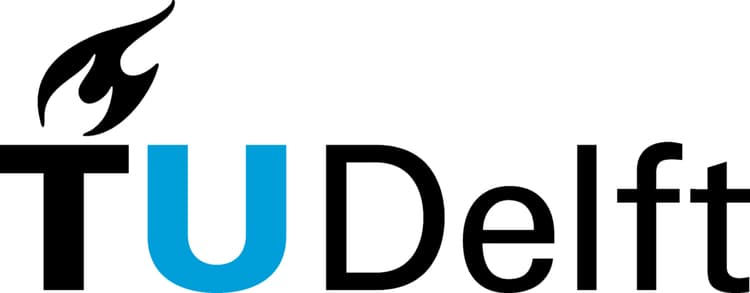PhD Position Dynamic Process Resilience Modeling and Assessment
The process industries are the backbone of modern society, producing the energy, chemicals, and materials that keep our world running. Yet, they are increasingly exposed to NaTech events—natural hazards that trigger technological accidents—which can have devastating impacts on people, infrastructure, and the environment. Addressing these risks is one of the urgent challenges for ensuring safe and sustainable industrial operations.
As a PhD candidate in Resilience Assessment and Management for NaTech-Exposed Process Industries at TU Delft, you will contribute to tackling this challenge directly. You will be part of a research project that aims to design an integrated framework for assessing and managing resilience, tailored specifically to the needs of the process industries. This framework will not only provide methods to evaluate vulnerabilities and risks, but also deliver practical tools to support decision-making under uncertainty.
In this project, you will combine engineering design principles with stakeholder engagement approaches, ensuring that the developed methods are robust, adaptable, and grounded in real-world practice. You will apply advanced techniques such as agent-based modelling, quantitative resilience assessment, and risk analysis to simulate and optimise resilience strategies.
The framework will be tested and refined through pilot studies in collaboration with industrial and regulatory partners, ensuring its relevance and applicability in practice. You will also work alongside a diverse team of researchers and stakeholders from different disciplines and sectors, gaining valuable experience in interdisciplinary collaboration and bridging science, engineering, and policy.
You will be part of the Safety and Security Science Section within the Department of Values, Technology and Innovation (VTI) at TU Delft’s Faculty of Technology, Policy and Management. The section investigates socio-technical systems and decision-making on technical, human and organisational dimensions, focusing on safety, security and resilience through responsible risk management. Research areas include critical infrastructure protection, systems resilience, crisis governance, uncertainty in complex systems, and the interface between technology and human organisations.
You’ll engage with an interdisciplinary community that bridges engineering, behavioural science and policy to co-design approaches for safer, more robust systems. Collaboration is central: you’ll work alongside government agencies, industry partners, and cross-disciplinary research teams. In VTI’s open and reflective environment, you’ll benefit from cross-section learning, strong mentorship and tailored training. With minimal hierarchical barriers and access to state-of-the-art facilities, labs and equipment, you’ll be supported to grow professionally and contribute to both foundational theory and real-world impact.
This position is part of a European Doctoral Network consortium REUNATECH- NATECH Risk Management and Resilience of High-Tech Industries and Critical Infrastructures across Europe. EU funding for research into technological accidents caused by natural hazards.
MSc degree in process engineering, system engineering, or related fields. Solid background in process safety, quantitative risk assessment, and simulation methods. Experience in programming and/or safety analysis software. Familiar with process safety and security concepts, accident modelling approach, and dynamic Bayesian Networks would be advantageous. Willingness to conduct research in a multi-national project team. Funding requirements: You cannot have resided in The Netherlands in the past 12 months for study and/work purposes (Maria Curie Doctoral Network requirement). Doing a PhD at TU Delft requires English proficiency at a certain level to ensure that you can interact with others, participate in English-taught Doctoral Education courses, write scientific articles and a final thesis and share your research results with a wider audience. For more details, please check the Graduate Schools Admission Requirements.
Doctoral candidates will be offered a 4-year period of employment in principle, but in the form of 2 employment contracts. An initial 1,5 year contract with an official go/no go progress assessment within 15 months. Followed by an additional contract for the remaining 2,5 years assuming everything goes well and performance requirements are met. Salary and benefits are in accordance with the Collective Labour Agreement for Dutch Universities, increasing from Promovendus gross per month, from the first year to the fourth year based on a fulltime contract (38 hours), plus 8% holiday allowance and an end-of-year bonus of 8.3%. As a PhD candidate you will be enrolled in the TU Delft Graduate School. The TU Delft Graduate School provides an inspiring research environment with an excellent team of supervisors, academic staff and a mentor. The Doctoral Education Programme is aimed at developing your transferable, discipline-related and research skills. The TU Delft offers a customisable compensation package, discounts on health insurance, and a monthly work costs contribution. Flexible work schedules can be arranged.
Whoops! This job is not yet sponsored…
Or, view more options below
View full job details
See the complete job description, requirements, and application process
Express interest in this position
Let Delft University of Technology know you're interested in PhD Position Dynamic Process Resilience Modeling and Assessment
Get similar job alerts
Receive notifications when similar positions become available
